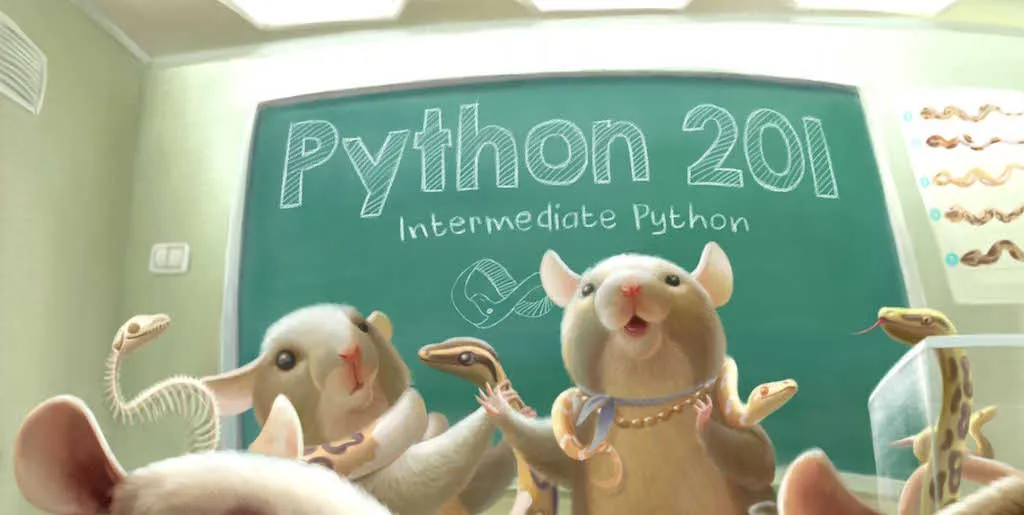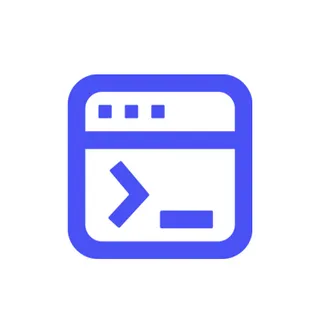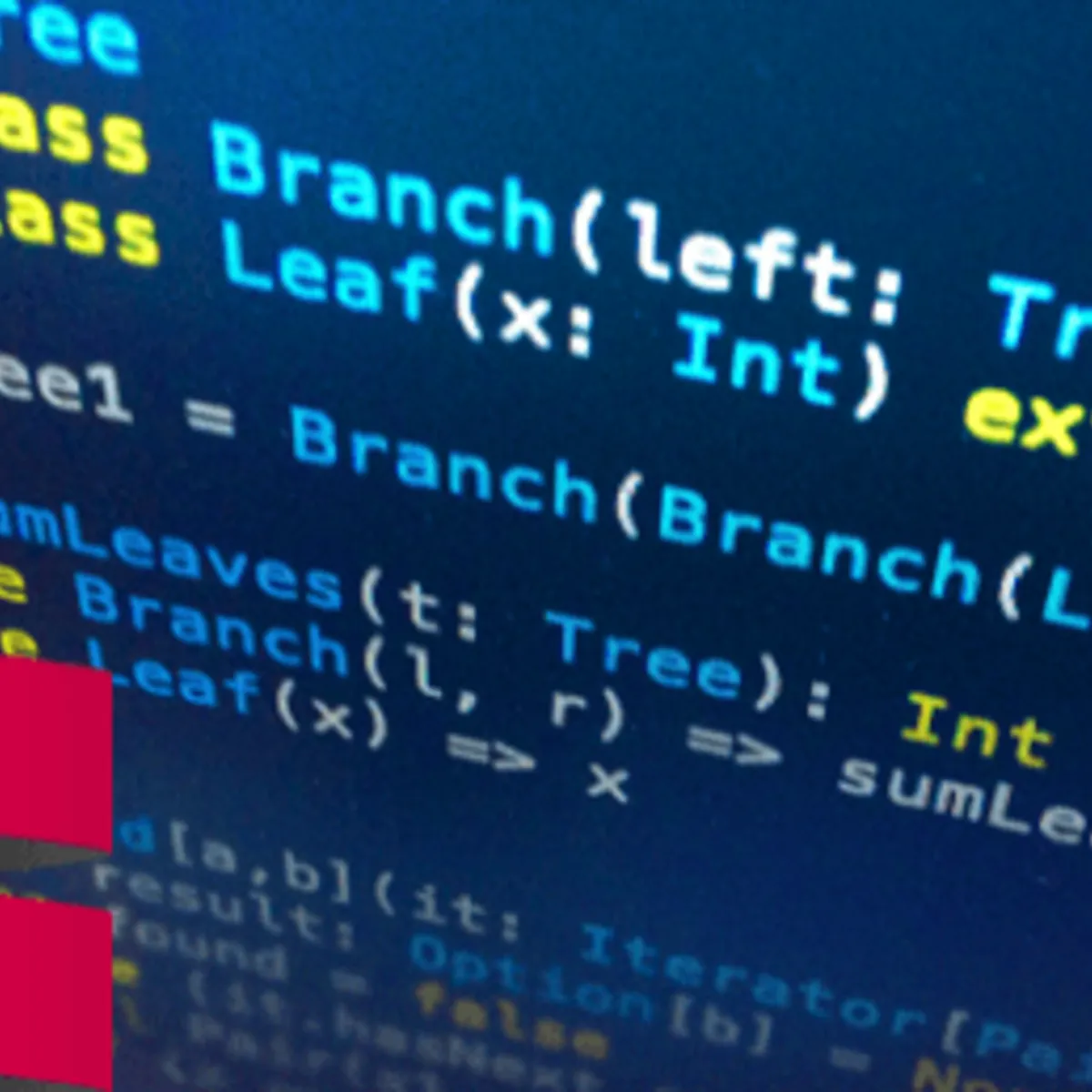
Python 201 - Interactively Learn Advanced Concepts in Python 3 
This course provides an interactive learning experience to help you master advanced concepts in Python 3. Gain the skills to write efficient and effective code with Python 201. ▼
ADVERTISEMENT
Course Feature
![]() Cost:
Cost:
Free Trial
![]() Provider:
Provider:
Educative
![]() Certificate:
Certificate:
No Information
![]() Language:
Language:
English
![]() Start Date:
Start Date:
Self Paced
Course Overview
❗The content presented here is sourced directly from Educative platform. For comprehensive course details, including enrollment information, simply click on the 'Go to class' link on our website.
Updated in [April 29th, 2023]
Python 201 is an interactive course designed to help students learn advanced concepts in Python 3. The course is divided into four parts. Part one covers intermediate modules, part two covers topics such as unicode, generators and iterators, part three covers web related tasks with Python, and part four covers testing code. Through this course, students will gain a deeper understanding of Python 3 and be able to apply their knowledge to real-world scenarios.
[Applications]
After completing this course, students should be able to apply the advanced concepts of Python 3 to their own projects. They should be able to use modules to create more efficient code, use unicode to work with different languages, create generators and iterators to simplify code, and use web related tasks to create web applications. Additionally, students should be able to use testing code to ensure their code is working correctly.
[Career Paths]
1. Data Scientist: Data Scientists use Python to analyze large datasets and uncover trends and insights. They use a variety of tools and techniques, such as machine learning, natural language processing, and data visualization, to gain insights from data. The demand for Data Scientists is growing rapidly, and the field is expected to continue to expand in the coming years.
2. Web Developer: Web Developers use Python to create dynamic websites and web applications. They use frameworks such as Django and Flask to create web applications, and use libraries such as Requests and Beautiful Soup to interact with web APIs. Web Development is a rapidly growing field, and Python is one of the most popular languages for web development.
3. Software Engineer: Software Engineers use Python to develop software applications. They use libraries such as NumPy and SciPy to perform scientific computing, and use frameworks such as TensorFlow and PyTorch to develop machine learning applications. Software Engineering is a rapidly growing field, and Python is one of the most popular languages for software development.
4. DevOps Engineer: DevOps Engineers use Python to automate the deployment and management of software applications. They use tools such as Ansible and Chef to automate the deployment and management of applications, and use libraries such as Fabric and Boto to interact with cloud services. DevOps is a rapidly growing field, and Python is one of the most popular languages for DevOps.
[Education Paths]
1. Bachelor of Science in Computer Science: This degree path provides a comprehensive understanding of computer science fundamentals, including programming languages, software engineering, computer architecture, and operating systems. It also covers topics such as artificial intelligence, machine learning, and data science. With the increasing demand for software development and data analysis, this degree path is becoming increasingly popular.
2. Master of Science in Data Science: This degree path focuses on the application of data science techniques to solve real-world problems. It covers topics such as data mining, machine learning, and predictive analytics. It also provides an understanding of the ethical and legal implications of data science. With the increasing demand for data-driven decision making, this degree path is becoming increasingly popular.
3. Master of Science in Artificial Intelligence: This degree path focuses on the development of intelligent systems and their applications. It covers topics such as natural language processing, computer vision, and robotics. It also provides an understanding of the ethical and legal implications of artificial intelligence. With the increasing demand for intelligent systems, this degree path is becoming increasingly popular.
4. Master of Science in Software Engineering: This degree path focuses on the development of software applications and systems. It covers topics such as software design, software development, and software testing. It also provides an understanding of the ethical and legal implications of software engineering. With the increasing demand for software development, this degree path is becoming increasingly popular.
Course Provider

Provider Educative's Stats at AZClass
Discussion and Reviews
0.0 (Based on 0 reviews)
Explore Similar Online Courses

Word Press Basics

How to Improve English Handwriting

RDBMS PostgreSQL

Intro To PostgreSQL Databases With PgAdmin For Beginners

PostgreSQL: Client Applications

Mastering SQL using Postgresql

Database Design and Basic SQL in PostgreSQL

PostgreSQL: Advanced Queries

Spatial SQL with Postgres : A language for geographers

Learn SQL Using PostgreSQL: From Zero to Hero

PostgreSQL Essential Training

Big Data Analysis with Scala and Spark
 Related Categories
Related Categories
 Popular Providers
Popular Providers
Quiz
 Submitted Sucessfully
Submitted Sucessfully
1. Which part of the course covers web related tasks with Python?
2. Which part of the course covers intermediate modules?
3. Which part of the course covers testing code?


Start your review of Python 201 - Interactively Learn Advanced Concepts in Python 3